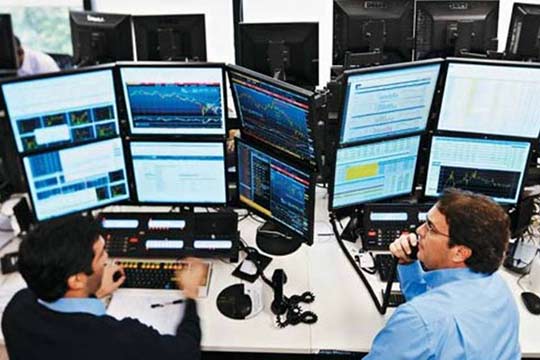Top 9 Factors To Consider When Choosing a Forex Broker

Having a Forex broker can be compared to having a bank account. It is a relatively new area for traders and like any other, it is becoming highly competitive. Choosing the best Forex broker with conflicting reviews and either too much information or just not enough can be difficult.
A broker is crucial is you want to enter into the currency trading market because they give you access to the live market which is exactly what you need. The foreign exchange market is the largest financial market with $4 trillion being traded everyday on an average. Finding a broker that can earn your profit and read the market well is crucial and certain criteria should be met:
- Regulation: A broker with the required license to operate is not only a rule but also a wise decision. More than being regulated, the broker needs to be an accredited member of an authority that is actually heard of.
Multiple people have stories from your worst nightmares about how they lost a lot of money using a broker that did not have the qualifications to be one. In the United States, a broker should be a member of the National Futures Association (N.F.A) and should be registered with the U.S. Commodity Futures-Trading Commission (C.F.T.C). In the U.K trust lies in the Financial Conduct-Authority (F.C.A) and the Prudential Regulation-Authority (P.R.A).
- Customer Care: Forex trading happens 5 days a week, every hour. This means your broker should also be available to you at any time, so you do not lose money by not being on the ball. Before you trust a broker with your money and time, take a moment to call.
Are you speaking to an automated voice or a person? How long was your wait time? The first impression you get from your broker can be over call, even how long they took out of their day to answer your questions and queries to your satisfaction can be a good indicator. Make sure your broker is not off half the time due to technical errors.
- Costs: No matter which broker you go to, you will have costs to bear; you will be paying for spread or for commission. Having a cheaper and more affordable option is always preferable and should be looked into but do not select a bad broker to save a few pennies.
Balance is crucial when contemplating transaction costs in terms of brokers. The wider the spread is, the more difficult it is to make a profit.
- Transparency: Even though you do rest your faith with your broker, at no time should you not know what is happening with your account and money.
A broker that is transparent will go out of their way to publish their past statistics and that will help with getting an idea of how they work as well.
- Trading Platform: A broker’s trading platform plays a huge role in how they go about business because at the end of the day, that is where the business is conducted.
All trading activity is done through their platform so their platform should be inviting and easy to use. Always visit the trading platform before you take a broker on and see if they have the information and layout you are looking for.
- Fund Safety: You trust your broker with your money and you should not be worried that you may never see it again. This again goes back to a broker being regulated.
Regulated forex brokers normally put your funds in safe bank accounts in large banks, preferably with compensation covering it.
- Deposits and Withdrawals: Every broker has a different method of depositing and withdrawing your funds from your account. Fees are also normally charged on these services.
A deposit or withdrawal will normally be done via a wire transfer, credit card or a check, even PayPal depending on preference and the broker.
- Execution: Before jumping in and hiring a broker, do your homework and look into how he executes his trading practice. Is he prompt and organized or haphazard?
At what point does your broker sell you out, when you press the Buy or Sell button? If price wavers and too much time is taken, money could be lost.
- Account Types: Various brokers can offer you a wide variety of account types with different minimum balances and features.
Some brokers only offer accounts with a minimum deposit of $10,000 but for a beginner there are plenty of brokers that offer mini accounts that only need a balance of $100. Most of this information can be found in the broker’s terms of service.
